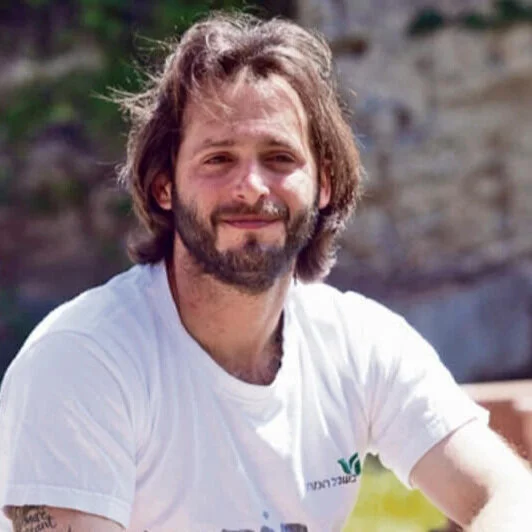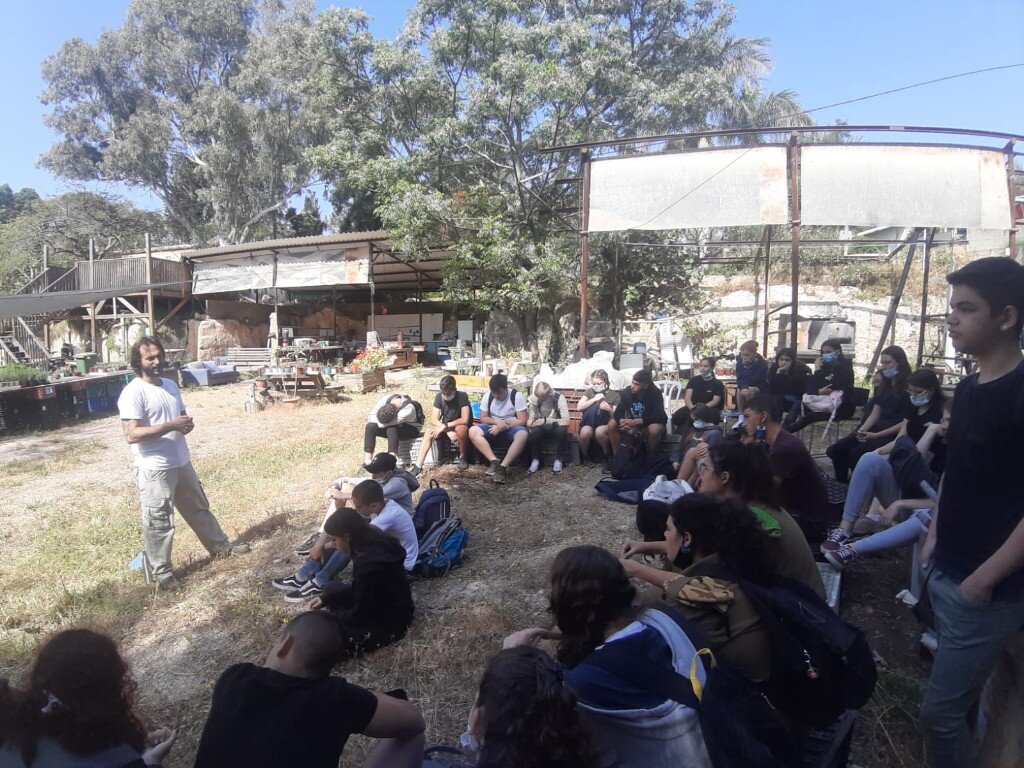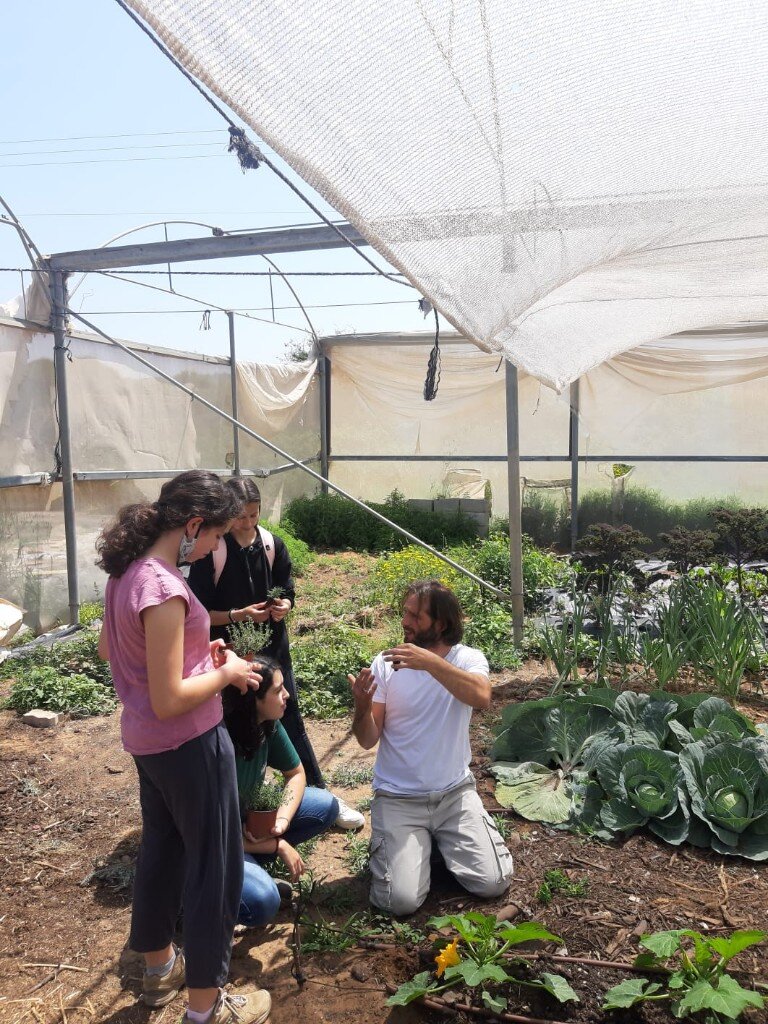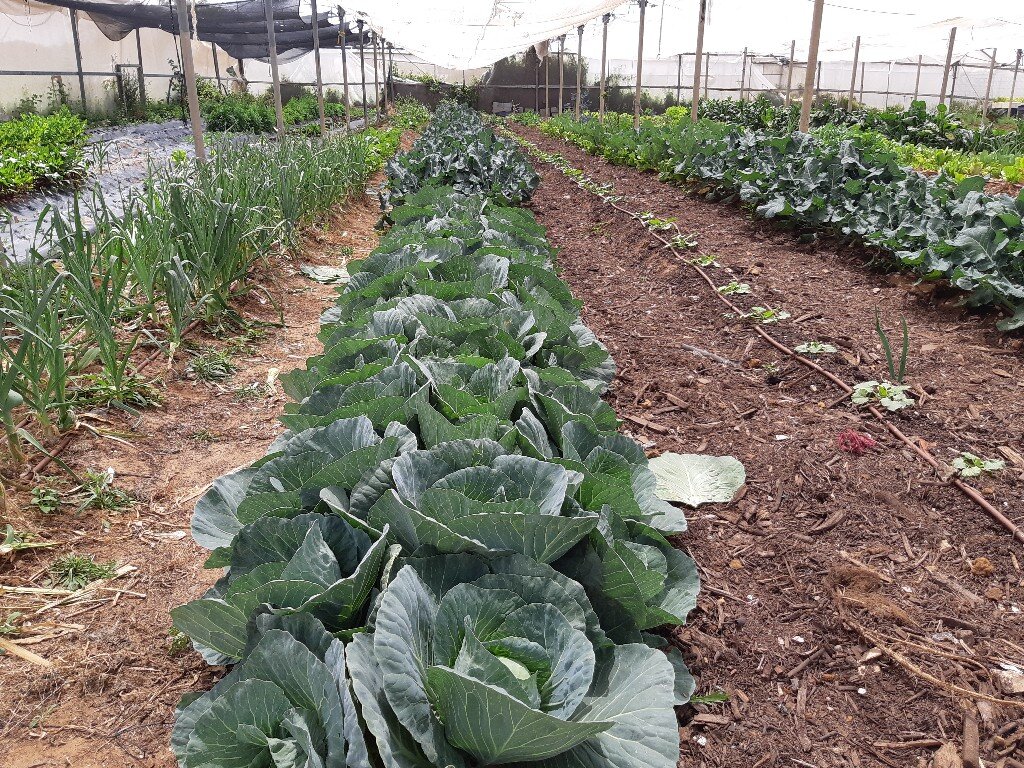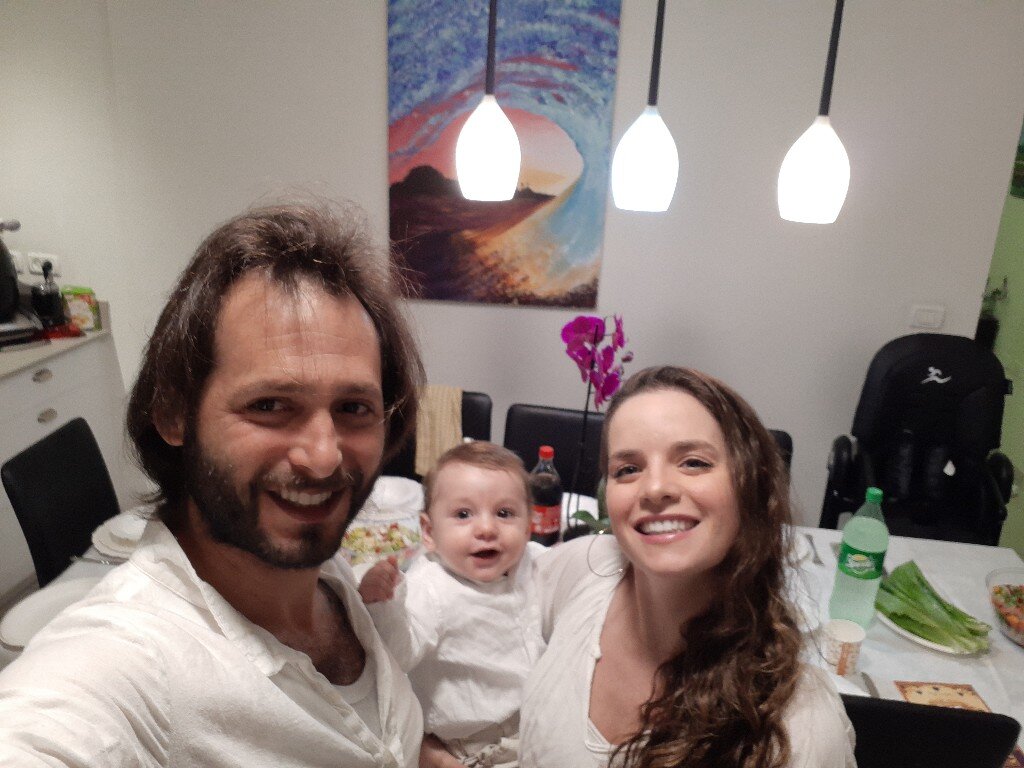Gardening and PTSD
Nachum Lamour-Fridman from Borgani talks about PTSD and the role that the outdoors and agriculture can play in healing.
Today on the podcast we explore the idea of healing through growing.
We travel to Israel, to meet Nachum Lamour-Fridman. He uses plants and growing as part of the programming at the Borgani community centre he founded for PTSD sufferers and their families.
Lamour-Fridman’s dream is to create a model of a sustainability centre that can be used to help PTSD sufferers everywhere.
Post-Traumatic Stress Disorder (PTSD)
Lamour-Fridman realized the power of growing when, in the depths of his own PTSD, being outdoors and amongst plants was one of the things that helped him rise up and begin to heal.
He says that he was sometimes unable to sleep or eat, making it difficult to function. Yet living in a kibbutz, where there is a strong culture of work, he says that those who can’t work can be ostracized. “It affected my soul; it affected my ability to engage reality,” he says as he talks about how PTSD affected his ability to live and work in his own community.
He recently spoke to the Knesset, the Israeli parliament, where his key message was for it to act now to help those with PTSD, likening untreated trauma to a terminal cancer or an auto-immune disease.
Borgani
Lamour-Fridman explains that Borgani translates into “pit garden,” a fitting name given that the centre is located in a what was a stone quarry in Roman times.
The old quarry had previously been used by the community as part of a cattle farming operation, but for the past 20 years was used as a garbage dump.
Lamour-Fridman began to clean it out.
At first, he wasn’t able to stay in the enclosed space for long, and might only stay 5 minutes. Now it’s become a place of comfort and healing for him. “Today when I go there it’s like a stone womb,” he explains.
The Borgani sustainability centre brings together agriculture, technology, and education. It includes a greenhouse and farm, selling food baskets to the community. There is also a composting facility, and studios where participants make furniture and art.
“It’s not a charity,” he explains, pointing out that participants take part in the full cycle of growing, tending, and selling. He notes the importance of participants seeing the value in what they do.
Looking ahead, he says, “We have big plans.” These plans include yoga and therapy through movement and music.
“When you start, it doesn’t matter if it’s a half-a-metre garden or 20 acres. When you start, don’t stop. Because nature doesn’t stop and life doesn’t stop.”

